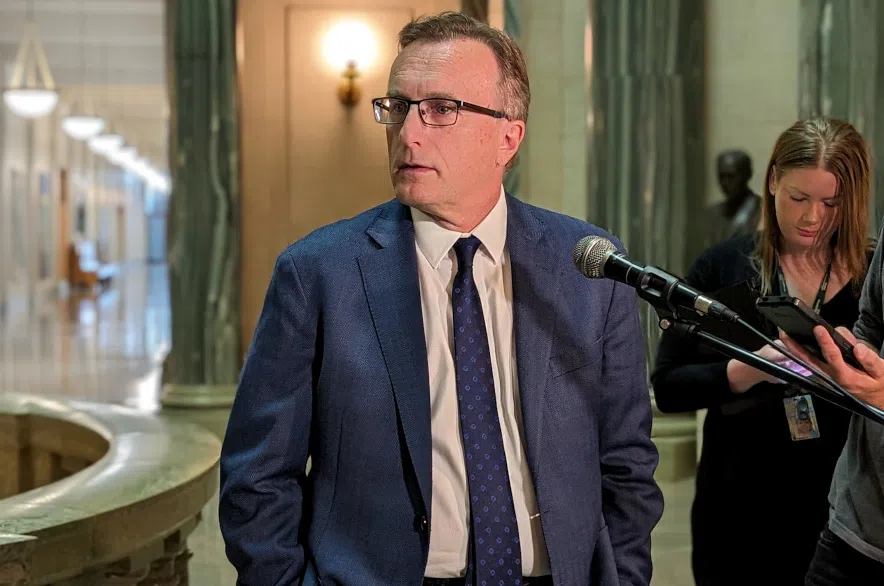Saskatchewan’s provincial government ended the 2024-25 fiscal year with a deficit nearly at what it budgeted for a year prior, but a good part of the reason it wasn’t higher was a landmark tobacco settlement.
The settlement with tobacco companies was signed in early March, just before the end of the fiscal year. It was worth $32.5 billion, and meant to recover at least some of the cost the provinces have borne from taking care of people with tobacco-related illnesses.
Read more:
- Less revenue for SaskTel and SaskPower, as govt. releases Crown reports in single day
- Sask. to extend coal power, despite federal push on emissions
At the time it was reported Saskatchewan’s portion of the settlement would be about $700 million.
When the provincial government presented its budget in March 2024, it projected a $273 million deficit — however, the numbers got worse as the year went on.
At the mid-year update, the province projected a deficit of $743 million after a higher than expected crop insurance payout due to a tough growing season.
At the third-quarter update, the province projected a $660 million deficit.
In the last three months, the government’s situation improved by $412 million, with the addition of the $400 million settlement to the books.
The government had previously said the settlement money would go toward cancer care and tobacco use education campaigns.
Finance Minister Jim Reiter on Monday explained that the money will go into the province’s general revenue and be used from there.
The money isn’t actually in the province’s hands yet, Reiter said. Because of the accounting rules, the money is accounted for in the fiscal year the settlement was signed — 2024-25.
“Potentially it’s higher than ($400 million), but some of it’s based on profitability of the tobacco companies. So there should be amounts being received for a couple decades, yet,’ said Reiter.
Overall for the year, Reiter said there were a number of areas where expenses were higher — health care, education, and social services — but revenue was up as well.
“We always want to do better, but we’re pleased our overall net debt to GDP is second in the country. So I think that’s a good sign,” said Reiter.
Read more:











